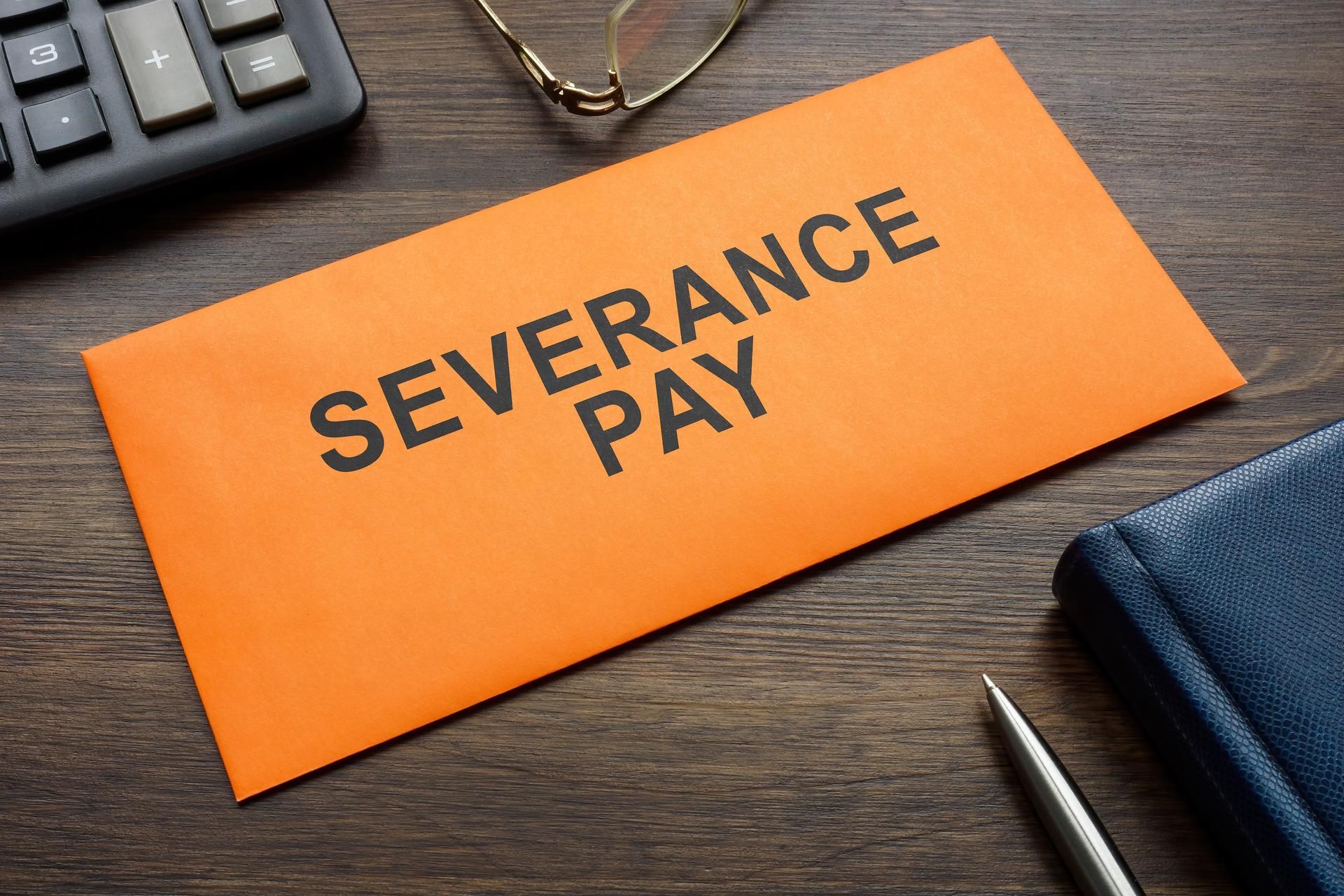What Is Overtime and When Does It Apply?

Working hours should be commensurate with your pay and obligations. Sometimes, however, your employer may ask you to work beyond the agreed hours. In this case, you may be eligible for overtime pay. Learn what you need to know about overtime today.
What is overtime?
Generally, overtime is any work you do after working 40 hours per week. However, there are exemptions to this rule. These exemptions are available in the Fair Labor Standards Act (FLSA).
According to the FLSA and Department of Labor (DOL) regulations, overtime doesn't apply to regular working hours on weekends and holidays. That is because the workweek is only based on the number of hours per week and not a specific time within the week or day of the week. As long as you have completed 40 hours of work within a consecutive 168 hours, then any extra work counts as overtime.
Therefore, the workweek doesn't necessarily have to start on a Sunday or Monday. Moreover, the FLSA and DOL regulations don't allow employers to average the working time for more than seven consecutive days.
How Do You Calculate Overtime Pay?
Overtime pay is higher than the employee's standard salary. Federal employment regulations state that overtime pay should be at least 1.5 times higher than the normal pay. For instance, if your standard regular hourly rate is $25, you will earn at least $37.50 per hour for overtime work.
Who Is Eligible for Overtime Pay?
You can either be a non-exempt or exempt employee. The classification rules appear in the FLSA and the DOL regulations. If your employer puts you in the wrong classification category, you can go to court to receive compensation.
Exempt employees are workers who are not eligible for overtime pay. These employees receive salaries instead of hourly payments. Hence, exempt employees receive predetermined payments.
Nevertheless, salary alone can't put you in the exempt status. The FLSA regulations exempt employees who earn more than $684 per week from receiving overtime payments. Also, people in professional positions may be exempt even if their annual salary is less than $684.
Being in an executive (or managerial) position means that two or more other workers report to you. You can also be exempt if your employer has to pay you regardless of how little you work.
Non-exempt employees typically receive compensation in the form of hourly wages. Your employer will count your total working hours and calculate the total payment. If the total working hours exceed 40 hours in a workweek, you are eligible for overtime pay.
Which Industries Are Covered?
Overtime regulations apply to most industries. For example, employees who handle products for interstate commerce companies are eligible for overtime pay. If the company's gross revenue exceed $500,000 per year, the employees are usually entitled to earn overtime premium compensation.
Other eligible institutions include those that offer services to the sick and the elderly. The institutions can be hospitals, nursing homes, and some medical schools.
Teachers and other support staff in preschools, elementary, secondary, and higher learning institutions can also receive overtime payment. Furthermore, government employees are eligible for overtime pay. Other people who can receive overtime payment include:
- Babysitters
- Housekeepers
- Chauffeurs
- Day workers
Generally, salary-based employees are exempt from overtime pay. Visit the FLSA website to find out if you qualify.
Protect Your Rights
You deserve to receive payment for all your hard work. Hence, work with an employment lawyer, such as Allen D. Arnold Attorney at Law, to know when you are eligible for overtime pay.
We offer legal services to employees who have disputes with their employers. Contact us to protect your employment rights.
Alabama Rules of Professional Conduct Notice: No Representation is made that the quality of legal services offered is greater than that of other lawyers. The information contained on this website is not a substitute for legal advice, and reading it does not create an attorney-client relationship.
Alabama Rules of Professional Conduct Notice: No Representation is made that the quality of legal services offered is greater than that of other lawyers. The information contained on this website is not a substitute for legal advice, and reading it does not create an attorney-client relationship.









